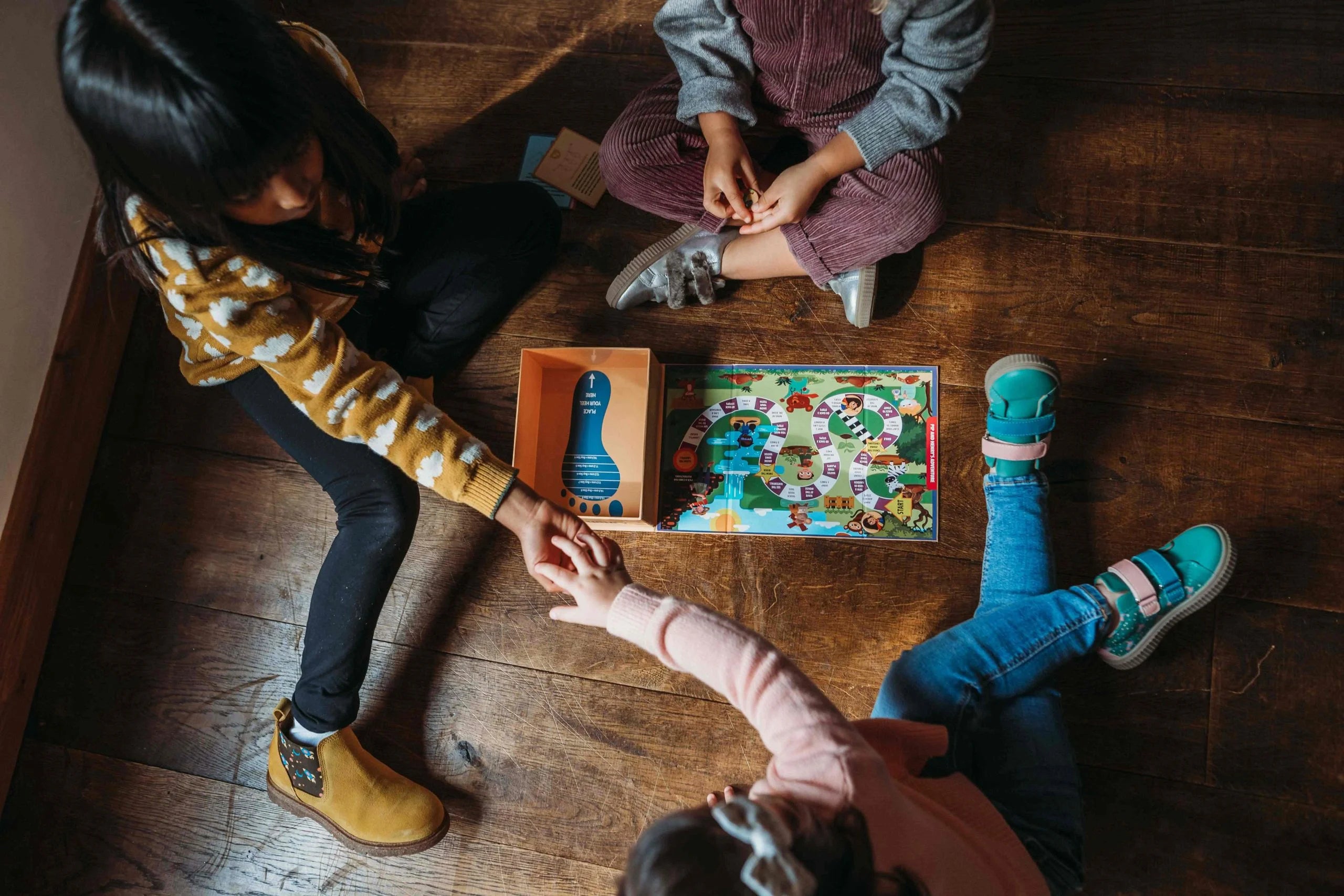We’re an open book
The majority of the materials used to make our shoes are environmentally sustainable. This is something we are extremely proud of, making us masters of our trade. We are committed to making 100% of our materials sustainable in the years to come through supplier partnerships.
Why does a pair of Pip & Henry shoes cost more than a conventional pair of children’s shoes?
It’s a good question, and we know it’s one that’s on your mind, so here’s a bit more about our children’s shoes and why they cost a little more than conventional alternatives.
It actually all starts with more questions.
How can we impact the environment as little as possible?
How can we make sure people in our supply chain are paid fairly?
How can we let our customers know that they’re contributing to a better way of making children’s shoes without just stating higher prices than other brands?
It actually costs us 3-4 times more than traditional high-street brands to produce a pair of children’s shoes. There are multiple reasons for this, including the fact that 80% of each shoe (and all of our packaging) is made from eco-friendly materials. We spent a long time finding and testing these materials, making sure what we used would be kind to the planet, comfortable to wear and durable enough for children to tear around in, as they love to do.
Scroll down to find out more about the specific materials and manufacturing principles we go by when developing our shoes.
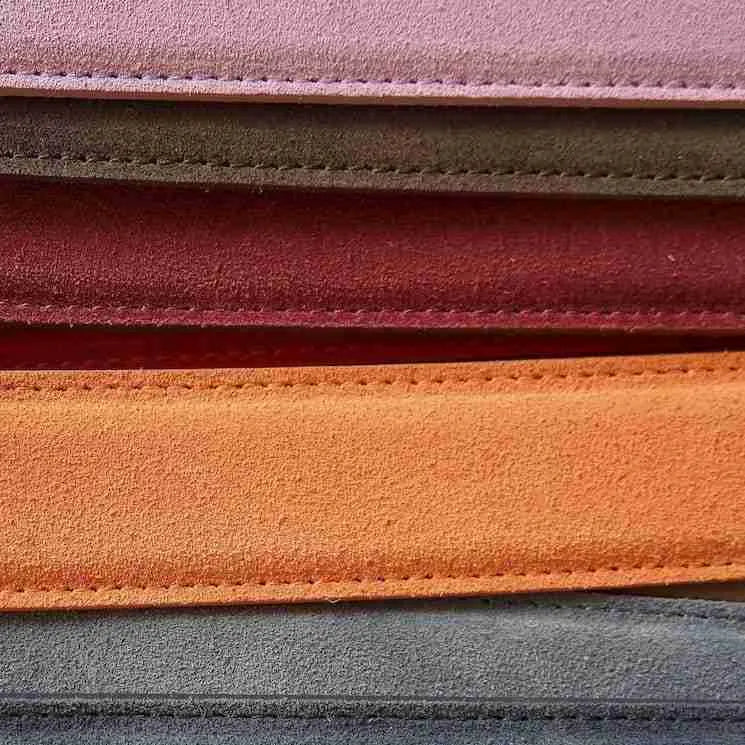
Suede, approved by the Leather Working Group
Our Chelsea Boots are made from suede sourced from tanneries that are gold certified by the Leather Working Group (LWG). The LWG is a “not-for-profit community organization dedicated to driving excellence in sustainable leather production”.
Manufacturers who are certified must adhere to a list of strict rules that ensure leather is responsibly made contributing to a sustainable future.
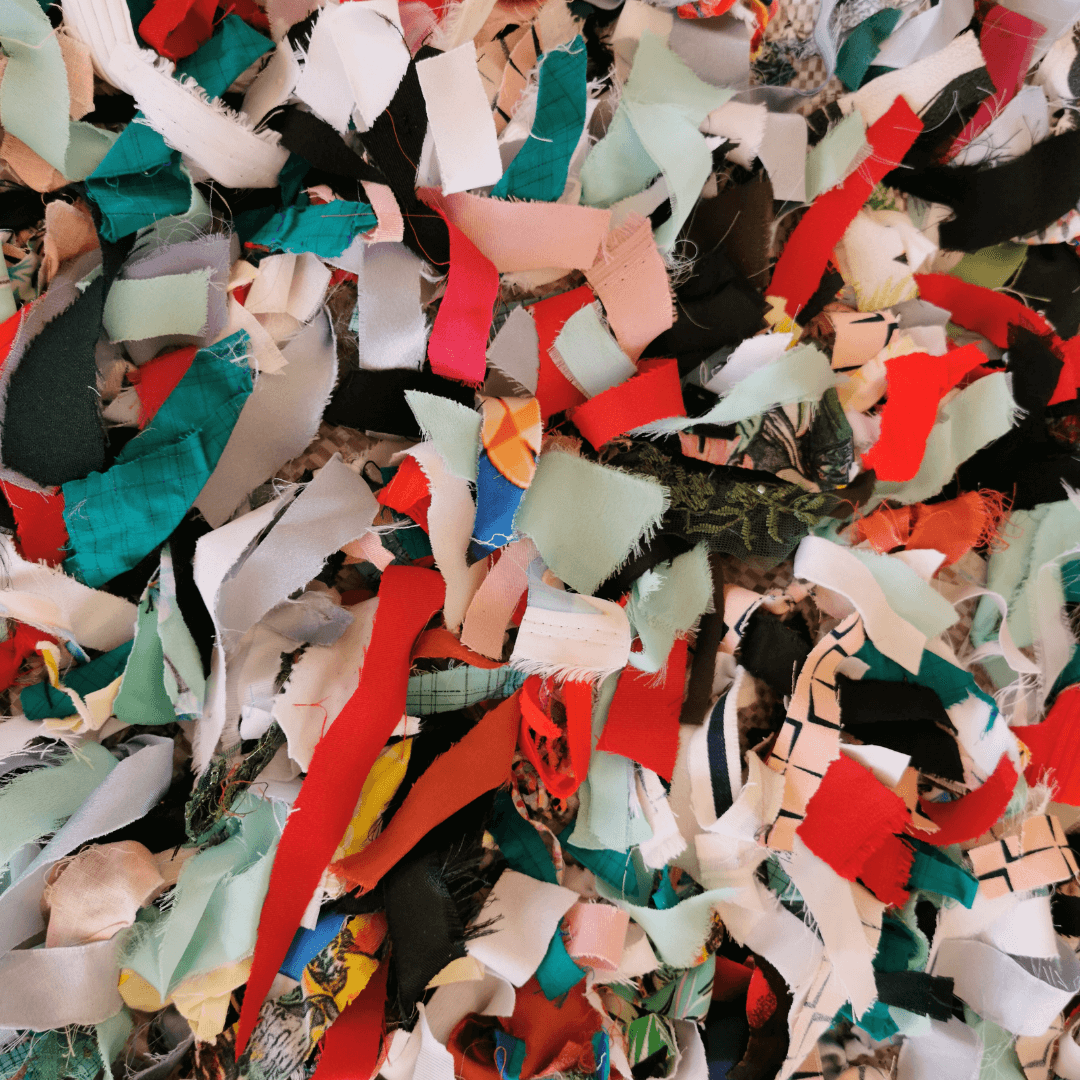
Factory off-cuts
Off-cuts of goat suede, cow nubuck and sheep fur are all used to make our Booties. We use off-cuts from our factory that have been wasted by other brands, mainly because they will have bought excess by buying in bulk to keep costs down. This ensures we are contributing to reducing waste, a big part of the sustainability issues caused by the fashion industry.
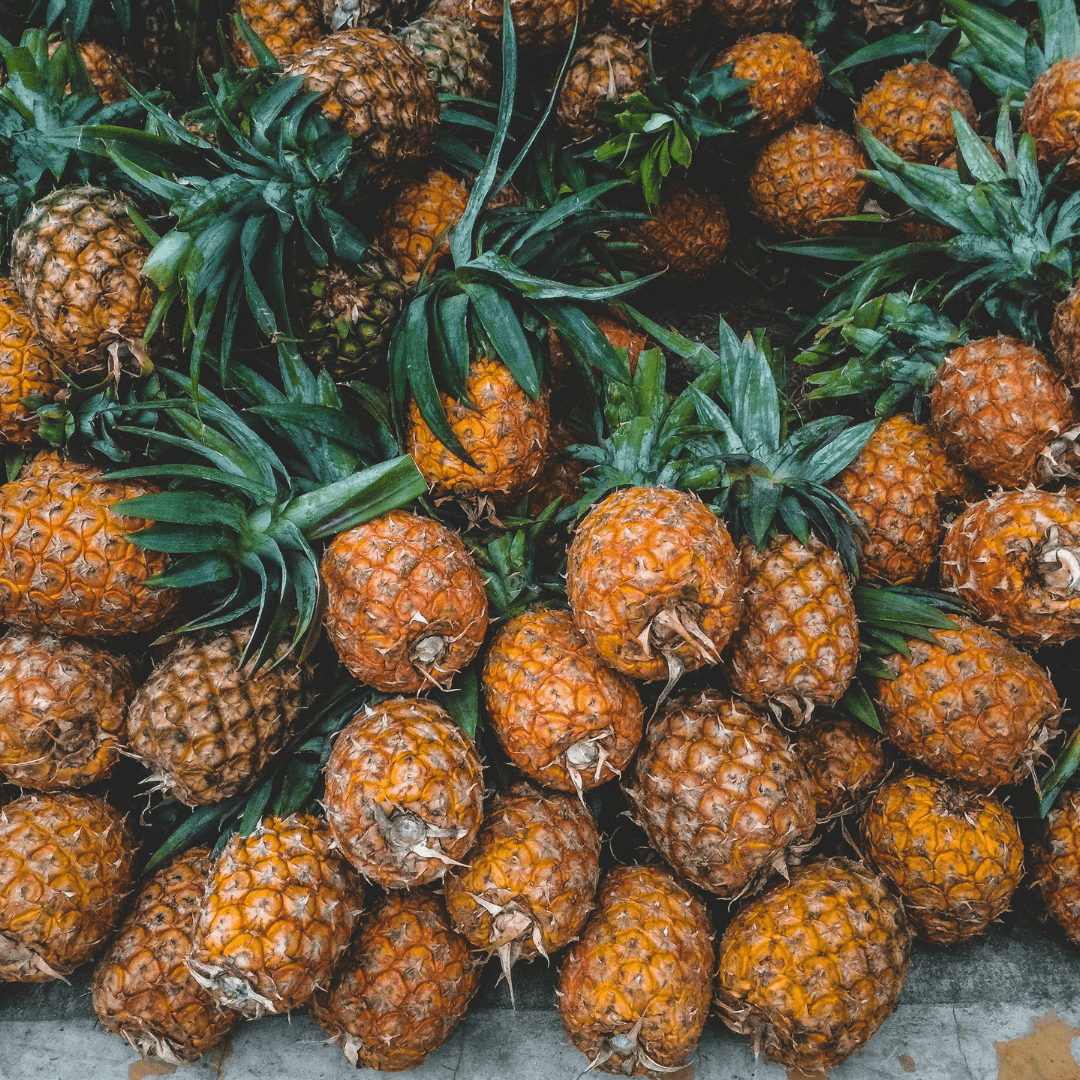
Panels in Shoe Upper: Pineapple Leaf Fibre
We are using a strong and breathable textile made from the waste leaves of pineapple plants which are a by-product of existing pineapple harvest.
As a raw material pineapple leaf fibre requires no additional environmental resources to produce and the sale supports the farmers who produce it. It is coloured using GOTS certified pigments and a resin top coating gives it strength, durability and water resistance.
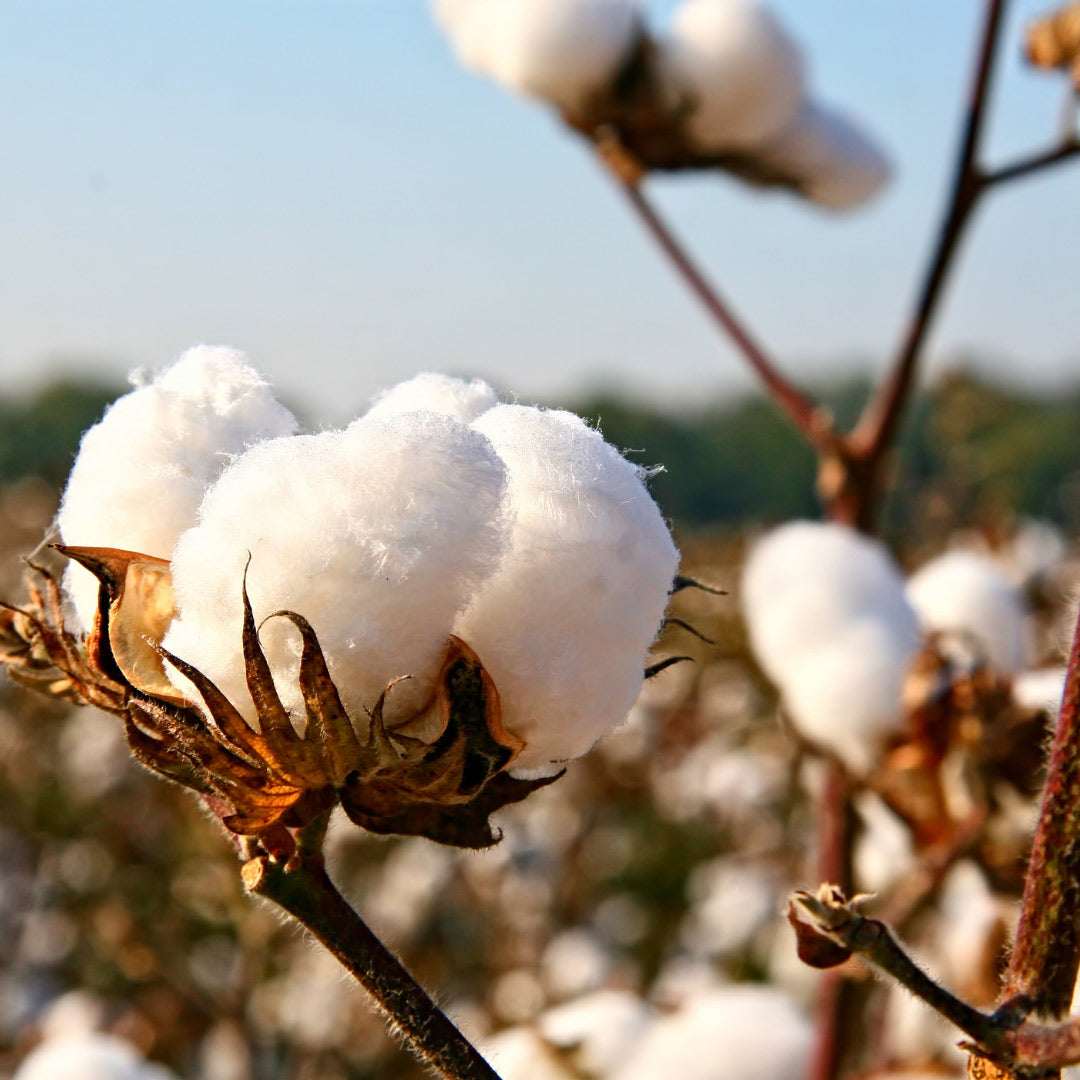
Shoe upper and lining; Organic cotton
Organic cotton is grown without the use of chemical pesticides and from non-genetically modified seeds.
Fewer chemical pesticides means that the health of the people producing the material is improved and the farm land has a longer lifespan after not being exposed to the chemicals used in traditional cotton production.
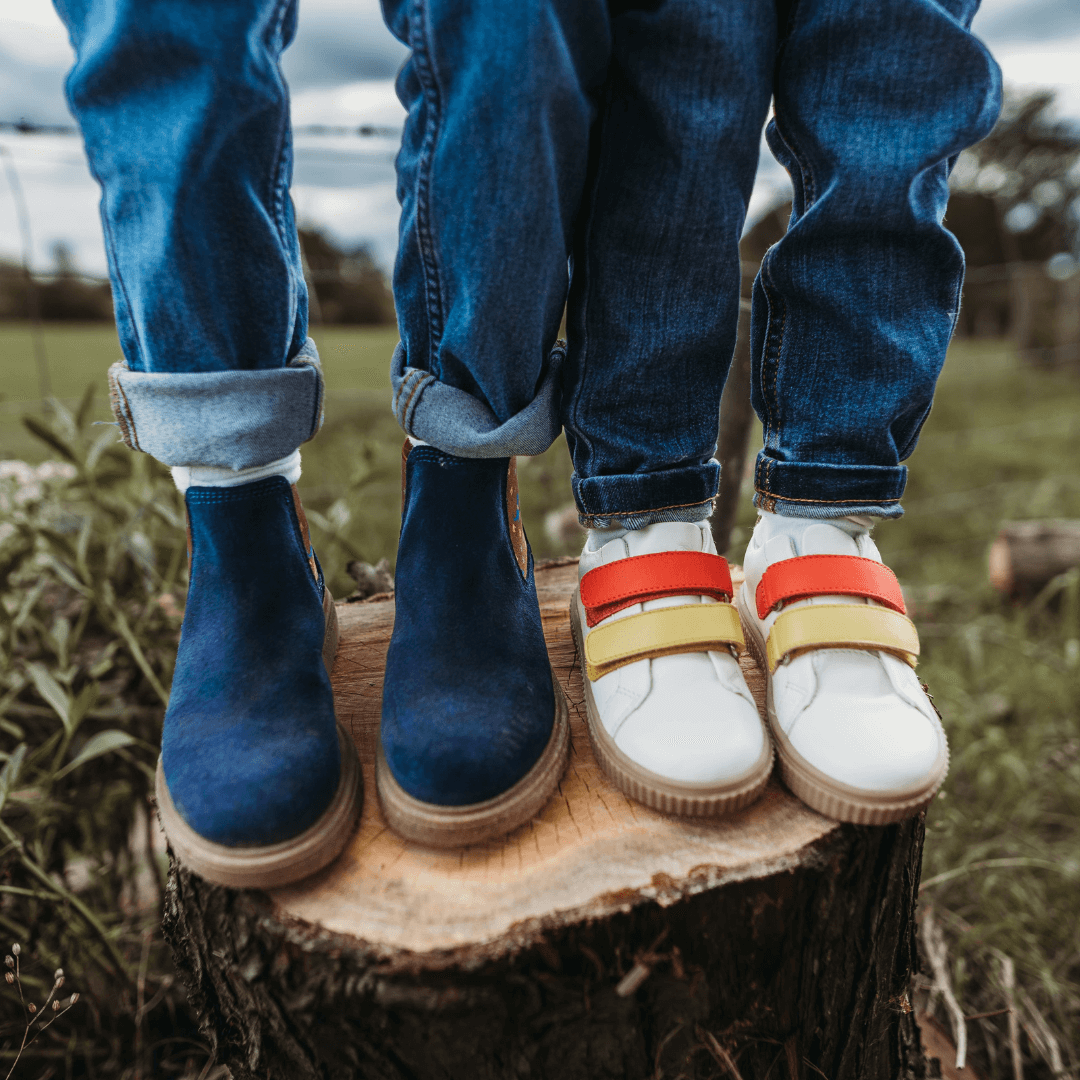
Shoe Sole; Thermoplastic Rubber (TPR)
Thermoplastic Rubber is lightweight, strong, weather resistant and slip resistant.
It has the ability to easily be melted, recycled and reused thereby reducing the reliance on petrochemicals, reducing carbon emissions and waste from landfill.
We use both recycled and virgin TPR across our range of products.
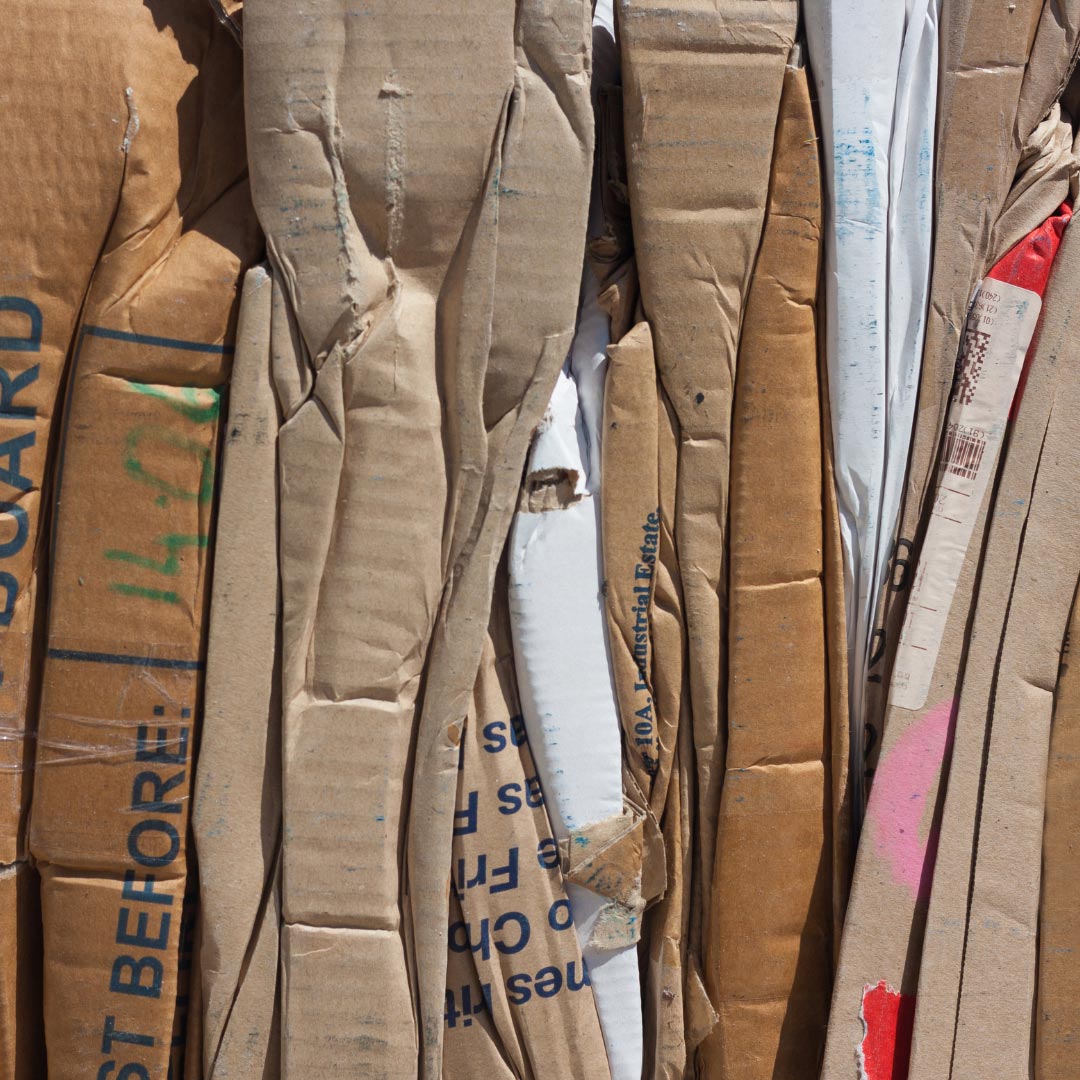
Packaging; 100% Recyclable Paper with 100% Compostable Mailers
All our shoe boxes and inside stuffing of shoes are made using 100% recyclable material.
Moreover, our shoe boxes are designed to be used as a children’s game…ensuring the box continues to deliver value and use long after they are received. Plus our sandals are all sent in stylish 100% cotton bags to ensure you have a useful bag to pop your shoes into when not wearing them.
And finally, unlike regular plastic mailers, our outer shipping packaging is recyclable too.
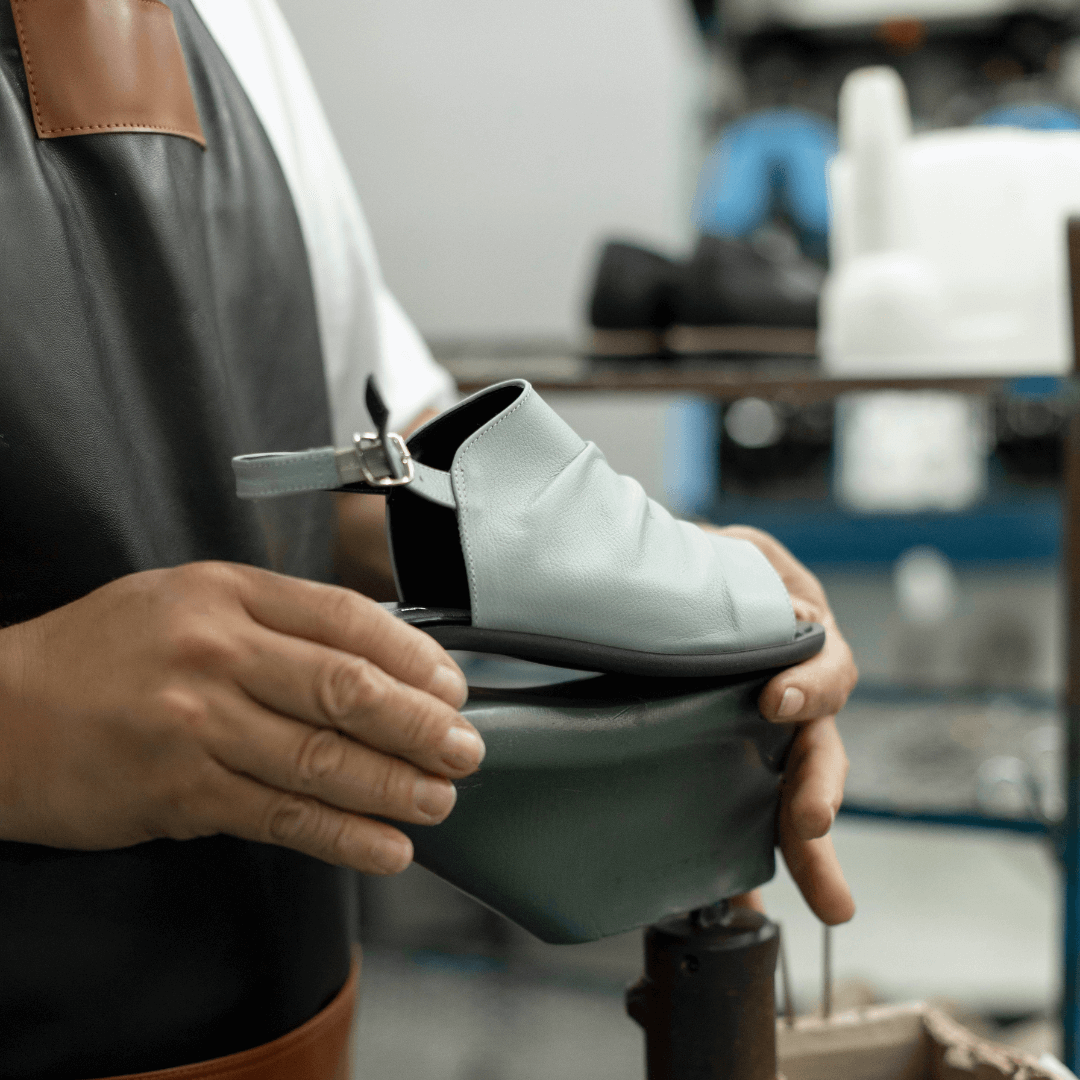
Bigger batches make it cheaper but we hate waste
Another key factor that plays into the cost of our shoes production is the fact that we produce our shoes in small batches. This costs more as we don’t achieve the economies of scale that the larger brands do, but this also means we are far less wasteful.
We don’t end up with multiple pairs of shoes that can’t be sold. We produce in small batches, with a select range of sizes and as we grow we’ll learn more about what our customers need and we’ll adjust as we go.
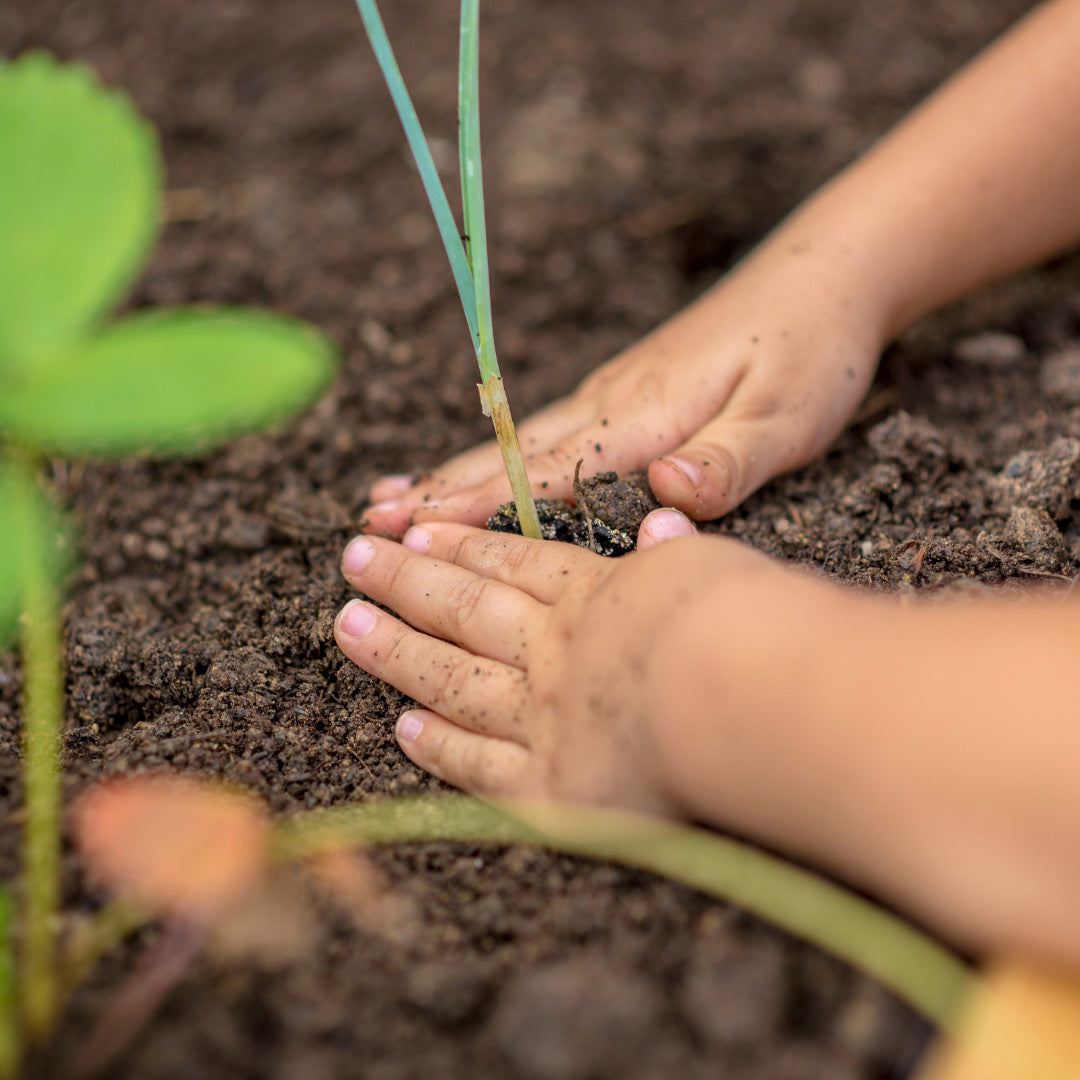
We care about people
When finding a factory to work with, the first item on our checklist was high social standards.
This means the people who are working on Pip & Henry footwear are paid fairly, have a good working environment and good living standards.
This is something we are not willing to compromise on and we know you’ll agree.
Together we can prove that a footwear brand can help our children take their first steps into the world a bit more mindfully, treat everyone involved more fairly, have a minimal environmental impact and still offer products that are beautiful, comfortable and fun!
That’s incredible value, and we hope you agree!

